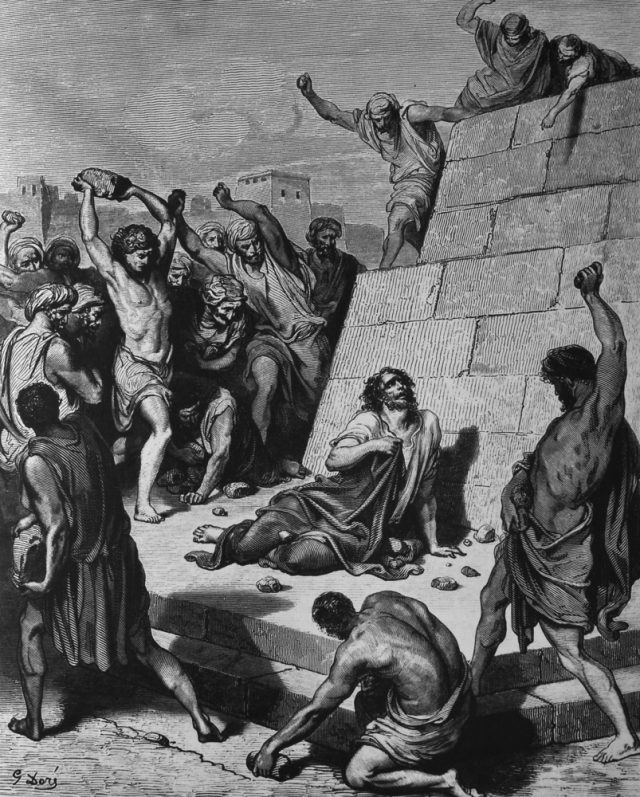
Even today, being a Christian is a risky choice in certain areas of the world.
During the season of Lent, which spans from Carnival to Easter, Christians reflect on the Resurrection of Jesus Christ, which is considered the greatest Christian holiday. This period reminds us of the victory over death and the manifestation of Jesus as the Son of God. The picture often recalled is one of the tiring days when Jesus was in the desert, where He responded to the devil’s temptations and later suffered the Passion in the final days of His life. This led to His eventual death on the cross.
Unfortunately, all of this is what many Christians concretely still experience around the world, forced to endure harassment, kidnappings, arrests, and killings. From this point of view, 2023 is a “record” year, as one in seven Christians suffered mistreatment of all sorts, according to the report produced by the “Open Doors Association”.
To begin with, we can note that acts of violence against Christians are predominantly concentrated in the Arab world. Yemen, Pakistan, Iran, Afghanistan, Syria, and Saudi Arabia are among the countries that report the highest number of physical or psychological attacks against individuals who identify as followers of the Christian faith.
Not least are several African countries, such as Somalia, Libya, Eritrea, Nigeria, and Sudan: the first three are countries with an Italian colonial past but which does not seem to be a sufficient motivation to give a reason for the persecution of Christians, while for In Nigeria, the presence of Boko Haram in the north of the Muslim-majority country will probably have repercussions with attacks and kidnappings in the center-south, where the majority is Christian with a strong Catholic presence (around 25% of the total Nigerian population). Precisely in Nigeria in 2023, 4,100 Christians were killed for religious reasons, almost all of them given that 4,998 Christians were murdered in the world.
Other countries where anti-Christian persecution is strong are those with a strong communist ideological thrust: China and North Korea are at the top, with Kim Jong-un’s regime at the top of this sad ranking. However, China remains a particularly harsh state towards Christians, considering the destruction of 10,000 places of worship and Christian public property.
However, the area most affected by persecution is sub-Saharan Africa, where political destabilizations have significant social repercussions: with the emergence of jihadist groups with an anti-Western focus, the first victims are inevitably Christians who thus fall back in truly dramatic exoduses. According to estimates, 16 million Christians can be found in that area living as displaced persons and refugees.
The problem for Christians, however, is not only in Africa and Asia: a very complex situation is that of Nicaragua, a state whose President is Daniel Ortega. Ortega has been President since 2007 and comes from the Sandinista National Liberation Front, a political and paramilitary formation that recalls the political and ideological experience of Augusto César Sandino who conducted guerrilla operations against the US military presence in the 1930s.
The Sandinistas, who were communist and anti-Western in their ideology, clashed with the Christian community, who opposed the atheism advocated by the Marxists. As a result, Ortega, the leader of the Sandinistas, declared “war” on the Church. The bishop of Matagalpa, Rolando Alvarez, was arrested and sentenced to 26 years in prison on charges of plotting against Ortega’s regime. Similar consequences were faced by other bishops and prelates who dared to criticize the Sandinistas. After being imprisoned for 528 days, Alvarez and 18 other clergymen were expelled from Nicaragua and sent into exile in Rome. Although they found freedom, they lost their country.
The current situation is quite alarming and demands our immediate attention. It might seem like an issue from the past, but it is still prevalent in our society. This is not just a religious matter, but a concern for all of humanity as it also affects institutions like schools and hospitals that are crucial for the development of every country.



 Subscribe
Subscribe